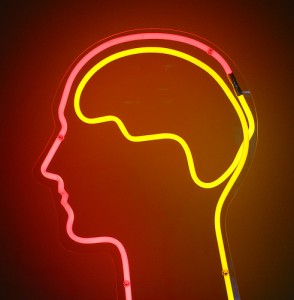
We are all creatures of habit. Right from our physical habits, related to what, when and how much we eat, sleep or exercise, to our emotional patterns, of love, anger, envy, fear, happiness or sadness, they recur with great alacrity. Likewise, our mental responses, be it of judging or accepting, seeking perfection or wholesomeness and controlling or letting go are vastly conditioned.
In essence, as we grow older, we become hard-wired to be a certain way. It is commonly believed that it is then challenging, perhaps impossible, to try and change any of these habits. However, latest Neuroscience research highlights how it is possible to introduce new wiring in the brain – thereby, effecting change and establishing new habits.
Whatever fires together, wires together
Neuroscience reveals that our deeply ingrained habits are indeed a form of physical hard wiring in our brain. It is akin to having established electrical circuits in the brain that make us react or behave in a pre-determined way. Similar stimuli then generate identical and predictable responses.
Brain messaging, of positive or negative thoughts, generates corresponding emotional sensation in us. Our instinctive response to these sensations, arising from our childhood experiences or inborn orientation, leads to a certain behavior. As we repeatedly behave in a certain way with a given type of messaging, the neural connections bonding the trigger and the response get set in the brain.
The neurons that fire together, wire together. That’s how the brain gets hard-wired – meaning the brain ‘memorizes’ the manner in which it needs to respond to a certain messaging. The more we repeat that pattern, the more the brain gets convinced and the stronger the hard wiring in the brain. For example, lets consider this scenario.
Armaan routinely thinks about his slow pace of career growth. As a result, he feels inadequate, sad and not lovable. As these feelings grow within him, he usually tries to counter them by turning to TV and eating sugary…




















